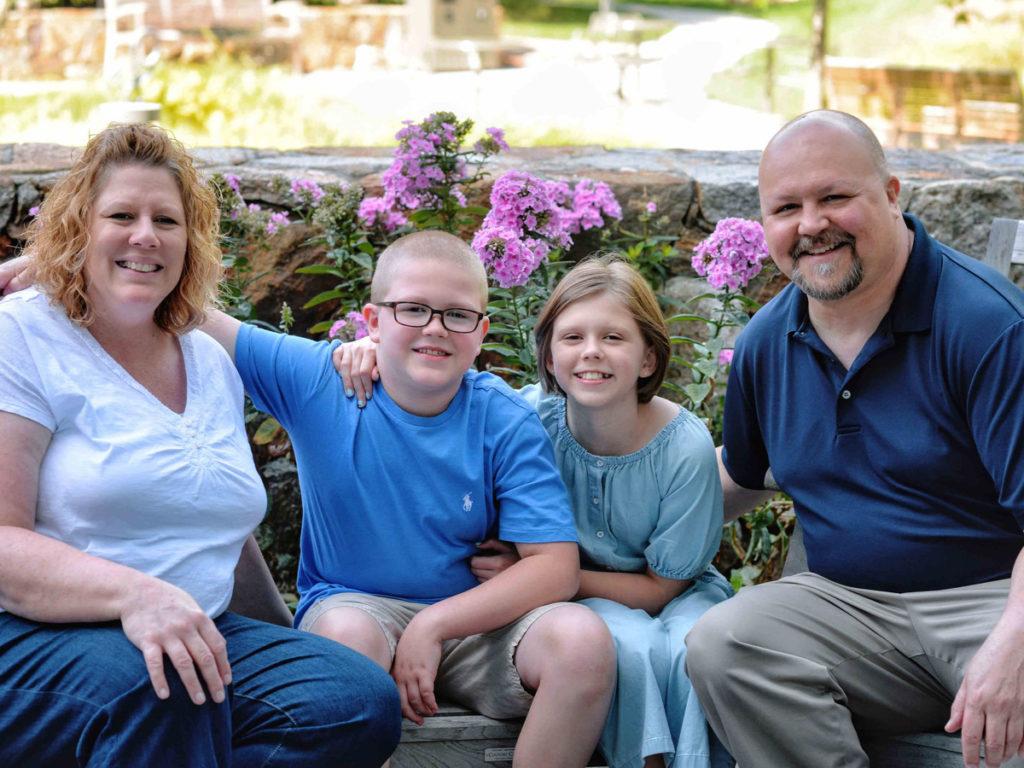
We are very grateful to the members of the research group “Semantics and Logics of Computation” of the Computer Science Department of the University of Turin, who helped organize the Types 2003 meeting in Torino. 2.55 Grade 1 Pathway 'More Days Go By' Reader.

7.00 Grade 1 Pathway 'First Steps' Workbook. Reader 1 (pre-primer) for Grade 1 Pathway Reading Series, with lesson plans provided in the. Proceedings for annual meetings under that action were published by Cambridge University Press in the books “Logical Frameworks”, and “Logical Environments”, edited by G. Buy-Back Program Gift Certificates Shipping Rates Return Policy Home.

ESPRIT BRA 6453 was a continuation of ESPRIT Action 3245, Logical Frameworks: Design, Implementation and Ex- riments. Buy books online and find book series such as Penguin African Writers Series written by. The proceedings of these e- lier workshops were also published in the LNCS series, as volumes 806, 996, 1158, 1512, 1657, 2277, and 2646. Teacher’s manual available separately, combined with Before We Read. These workshops followed a series of meetings organized in the period 1993–2002 within previous Types projects (ESPRIT BRA 6435 and ESPRIT Working Group 21900). Workbook to accompany the Pathway reader of the same title. Two previous workshops of the Types Working Group under EU IST project 29001 were held in 2000 in Durham, UK, and in 2002 in Berg en Dal (close to Nijmegen), The Netherlands. The ?nal choices were made by the editors. Out of 37 submitted papers, 25 were selected after a refereeing process. The workshop was attended by about 100 researchers. This teaching technique results in minimum frustration-and maximum success, leading not only to an improvement in reading skills, but a sense of mastery and self-esteem.These proceedings contain a selection of refereed papers presented at or related to the 3rd Annual Workshop of the Types Working Group (Computer-Assisted Reasoning Based on Type Theory, EU IST project 29001), which was held d- ing April 30 to May 4, 2003, in Villa Gualino, Turin, Italy. Each lesson offers children with the practice needed to develop word recognition and fluency, while teachers model comprehension strategies to understand fiction and non-fiction text. Concepts are taught directly and explicitly in a specific sequence, with immediate teacher feedback. The PAF Reading Program provides children with the building blocks they need to develop a solid reading foundation critical for becoming proficient readers.


 0 kommentar(er)
0 kommentar(er)
